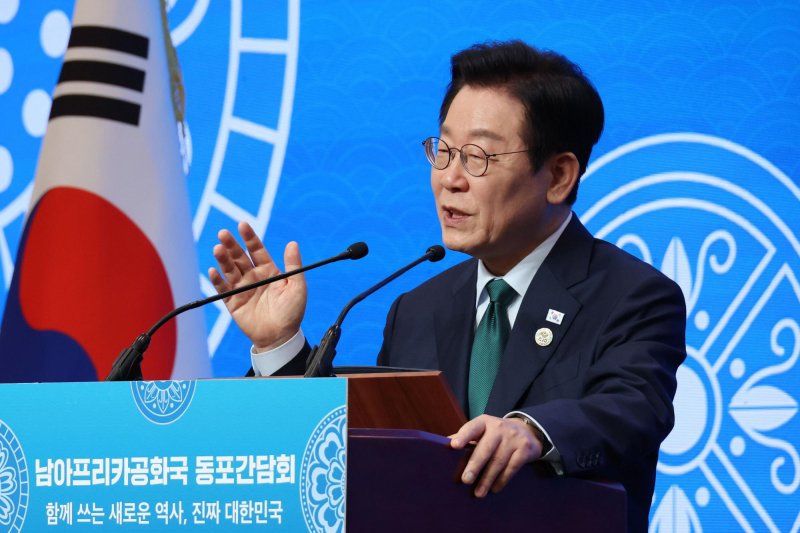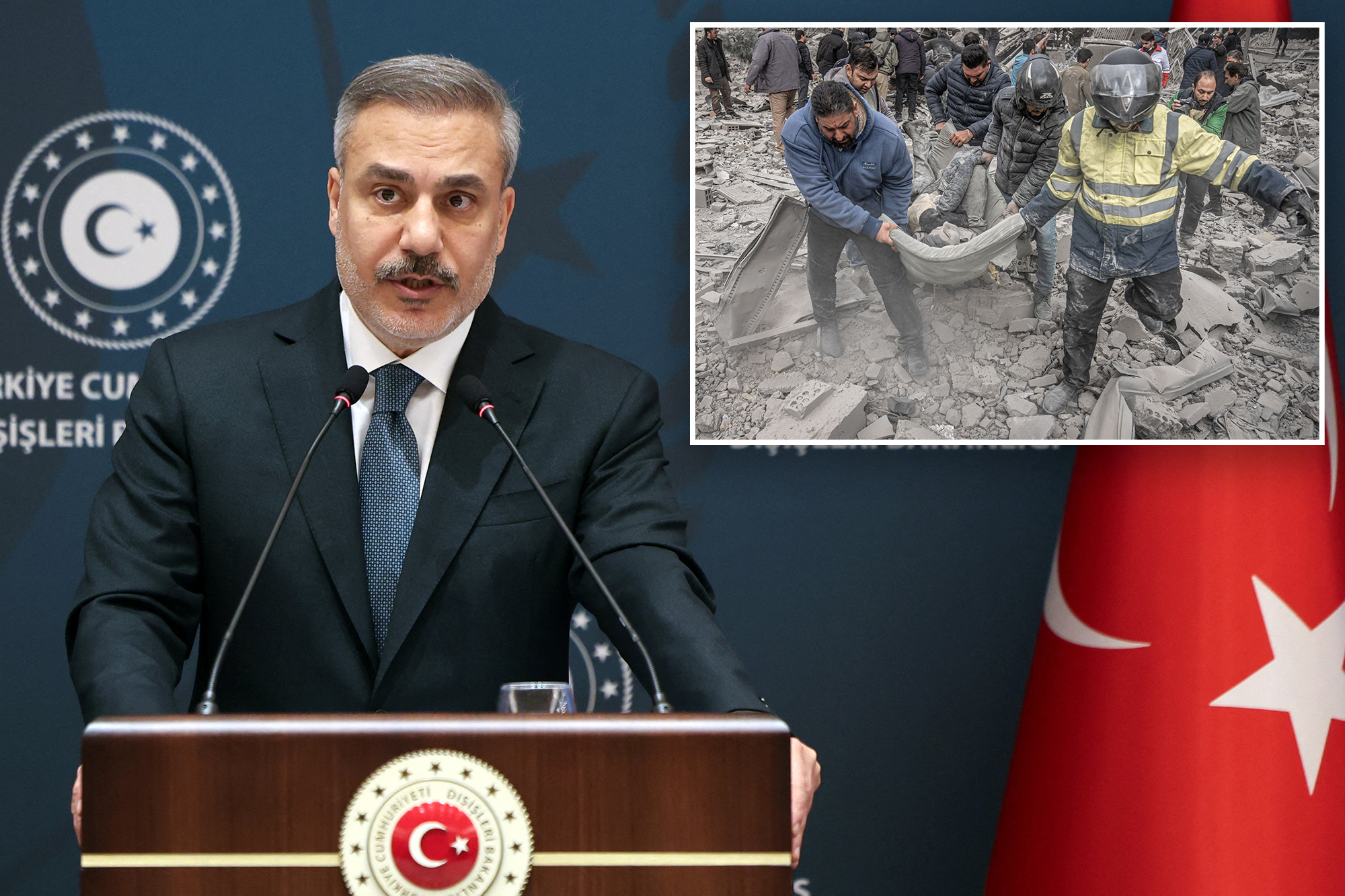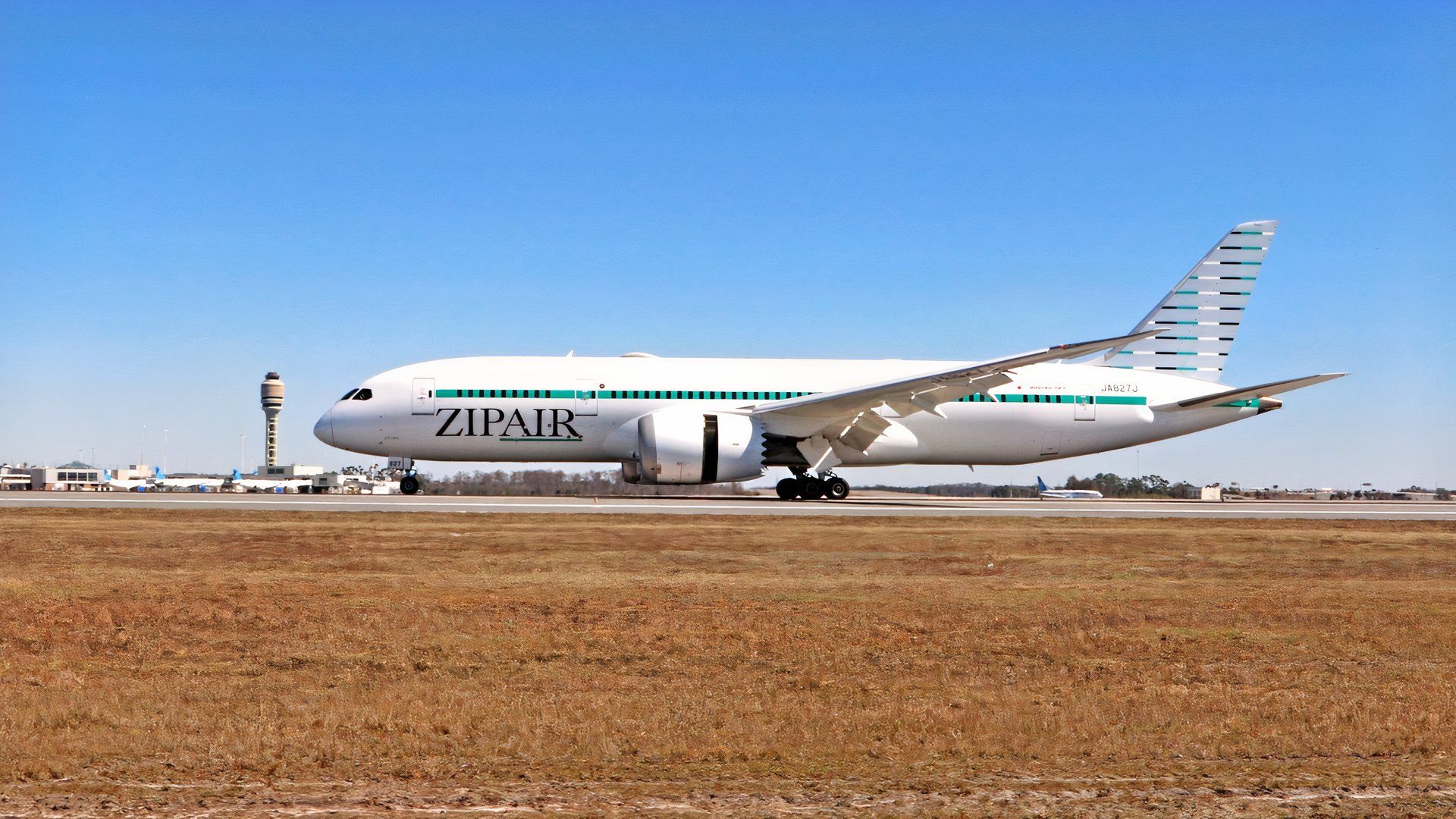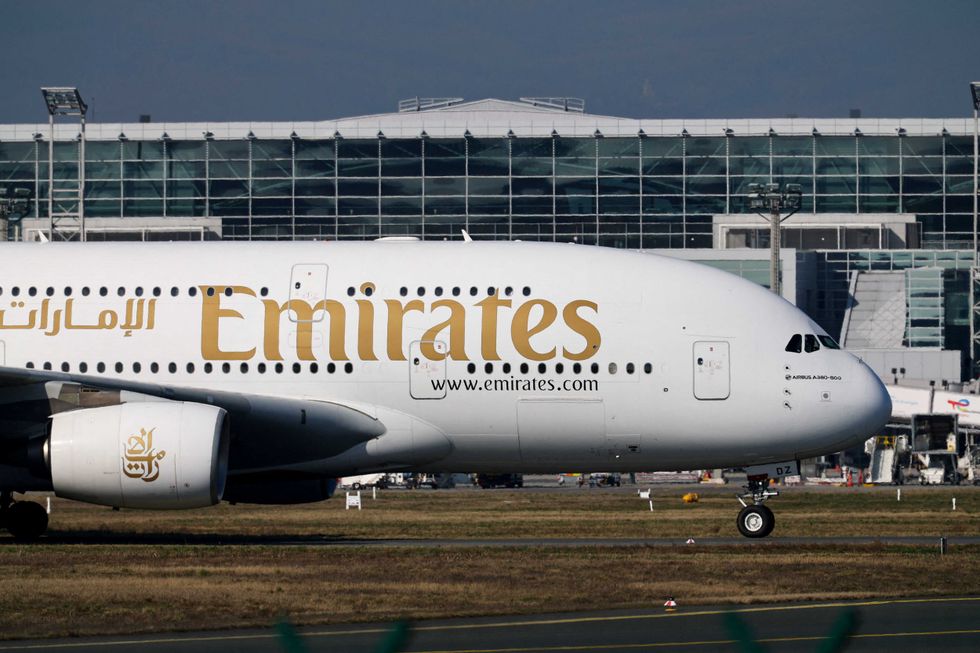
President Lee Jae Myung declared on Sunday that reunification with North Korea remains the ultimate goal of South Korea and a constitutional obligation. Speaking from Johannesburg during the Group of 20 summit, Lee emphasized the importance of dialogue over unilateral measures in a written interview with Turkey’s Anadolu Agency, conducted prior to his state visit to Ankara.
“Reunification remains our ultimate goal and is not merely an ideal but a constitutional duty,” Lee stated. He added that his administration is committed to pursuing a gradual and phased approach towards this goal, focusing on peaceful coexistence and mutual development. This approach aims to reflect the democratic will of all people on the Korean Peninsula.
Since assuming office in June, Lee has consistently expressed his desire to restart communication with North Korea. He underlined that his government respects the North’s political system and clarified that reunification by absorption is not being sought. “The door to dialogue will always remain open,” he assured, highlighting that resuming talks with Pyongyang is a top priority as inter-Korean communication channels remain dormant.
In response to a question regarding South Korea’s nuclear capabilities, Lee reaffirmed his commitment to the Nuclear Non-Proliferation Treaty. He emphasized the importance of strengthening extended deterrence with the United States, which includes Washington’s commitment to utilize its full military capabilities against North Korean provocations. “Amid the persistent threats by North Korea’s nuclear and missile program, the extended deterrence between South Korea and the U.S. is strengthening to more effectively counter any provocation,” he explained.
Strategic Partnerships and Regional Stability
Addressing the rising tensions between the United States and China, Lee underscored the necessity of maintaining stable relations with China, South Korea’s largest trading partner. He warned against the dangers of an escalating arms race in Northeast Asia, indicating that diplomatic efforts are crucial for regional stability.
On his visit to Turkey, Lee expressed South Korea’s intent to enhance cooperation with Ankara in the defense and nuclear energy sectors. He highlighted the potential for significant collaboration between South Korea’s advanced technologies in tanks, artillery, and naval systems, and Turkey’s expertise in drone technology. Lee cited Turkey’s Altay main battle tank program, which features Korean engines, as a prime example of the strong bilateral defense relations.
Additionally, discussions are ongoing regarding South Korea’s participation in Turkey’s planned Sinop nuclear power plant on the Black Sea coast. This project, along with cooperation on small modular reactors, signifies a deepening of the strategic partnership between the two nations. Lee’s remarks indicate a proactive approach to strengthening ties in defense and energy sectors, further solidifying South Korea’s role in regional security dynamics.
Through these diplomatic efforts, President Lee aims to navigate the complex geopolitical landscape while keeping the channels for dialogue with North Korea open, emphasizing a future rooted in peaceful coexistence.





